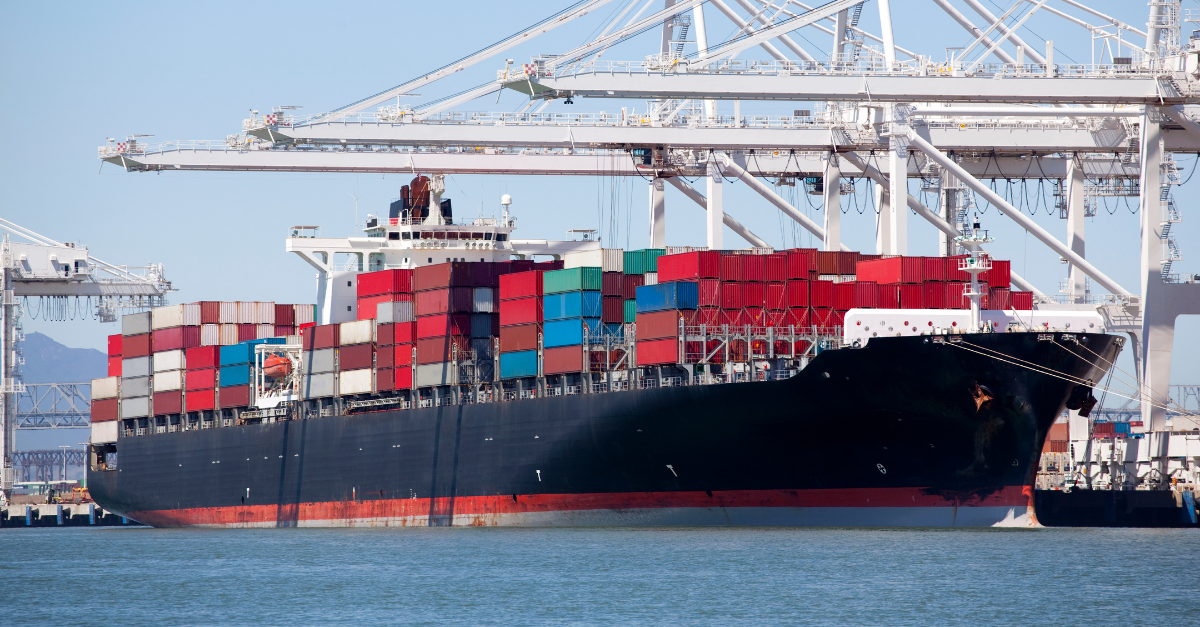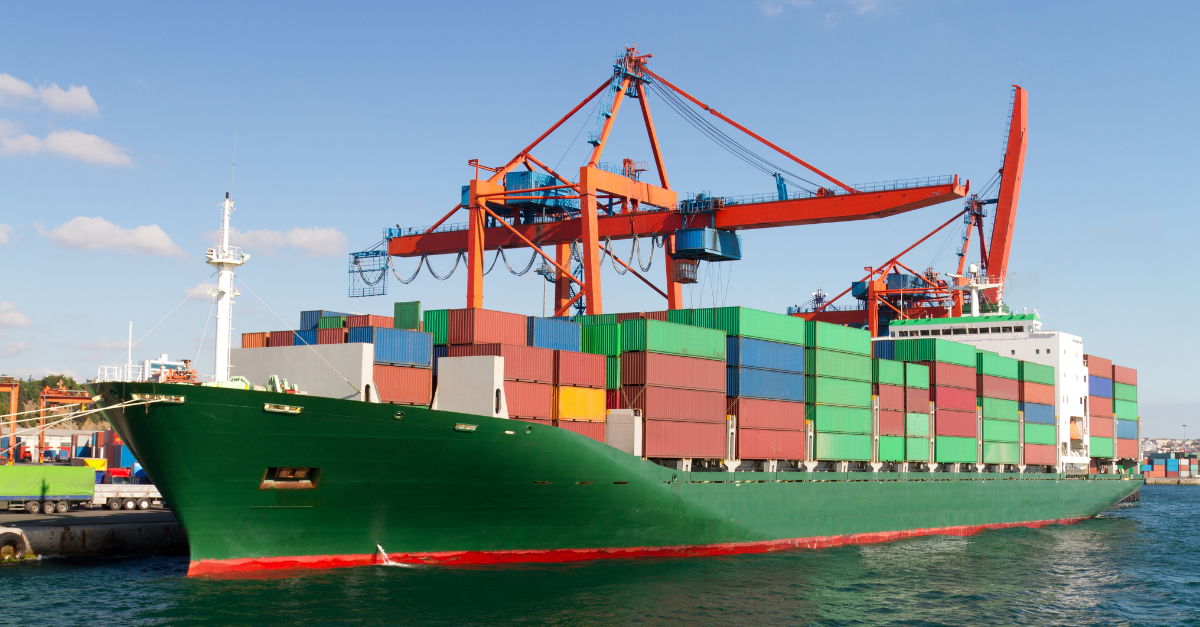And playing it smart as a freight forwarder can get you ahead of the competition.
The Current Price War Situation
Sea-Intelligence analysts report that major container carriers have chosen to maintain capacity instead of reducing it during declining demand. This decision has sparked the current price war, with carriers focusing on short-term bookings to maximize profits. Prices are being driven down and freight rates are expected to decrease.
The market needs to address the root cause of the price war, which is overcapacity. Carriers need to make tough decisions and reduce capacity to stabilize the market. However, this is easier said than done, as reducing capacity means a decrease in revenue and market share.
Across the industry the opinion seems to be that carriers ought to prioritize service quality and customer satisfaction, which will result in loyal customers and sustainable profits in the long run. It would be ideal to prioritize long-term profitability rather than short-term gains.

Industry Challenges and Impact of the Price War
The price war is not only affecting carriers, but shippers too, who are benefiting from lower rates. However, this trend is not sustainable in the long run, as carriers cannot continue to operate at reduced rates without making a profit. The current market dynamics are also causing a decrease in service quality, with carriers cutting corners to reduce costs.
The impact of the price war on freight forwarders can be substantial. Freight forwarders act as intermediaries between shippers and carriers, and their profitability depends on the rates negotiated with carriers on behalf of their clients. When carriers engage in a price war, they offer lower rates to shippers, which can put pressure on freight forwarders to match those rates to remain competitive. This can lead to a decrease in profit margins for freight forwarders, as they may have to reduce their own rates to keep their clients.
Price wars can also lead to a decrease in service quality, as carriers may cut corners to reduce costs. This can cause delays, damaged goods, and other issues that can impact the reputation of freight forwarders. Freight forwarders may also struggle to find available space on ships during a price war, as carriers may prioritize direct bookings over bookings made through intermediaries.

Opportunities and Challenges for Freight Forwarders
Carriers' price wars can have both positive and negative impacts on freight forwarders. While they can lead to a decrease in profit margins and service quality, they can also present opportunities for freight forwarders to negotiate better rates and attract new business. Freight forwarders can benefit from price wars if they are able to negotiate better rates with carriers due to the increased competition. They can then pass the savings on to their clients, which can help them become a more favorable option amongst their own competitors.
Therefore, it is critical for forwarders to find ways to navigate this situation and maintain profitability. One solution is to have a strong procurement plan that enables forwarders to negotiate better rates with carriers. At 7ConNetwork, we offer a comprehensive procurement plan designed to help you optimize your purchasing strategy and reduce your procurement costs. By combining volumes and centralizing procurement, 7ConNetwork can help you negotiate better rates with carriers, ensuring you get the best deals possible.
Join us today to take advantage of our procurement plan and stay competitive in the industry.